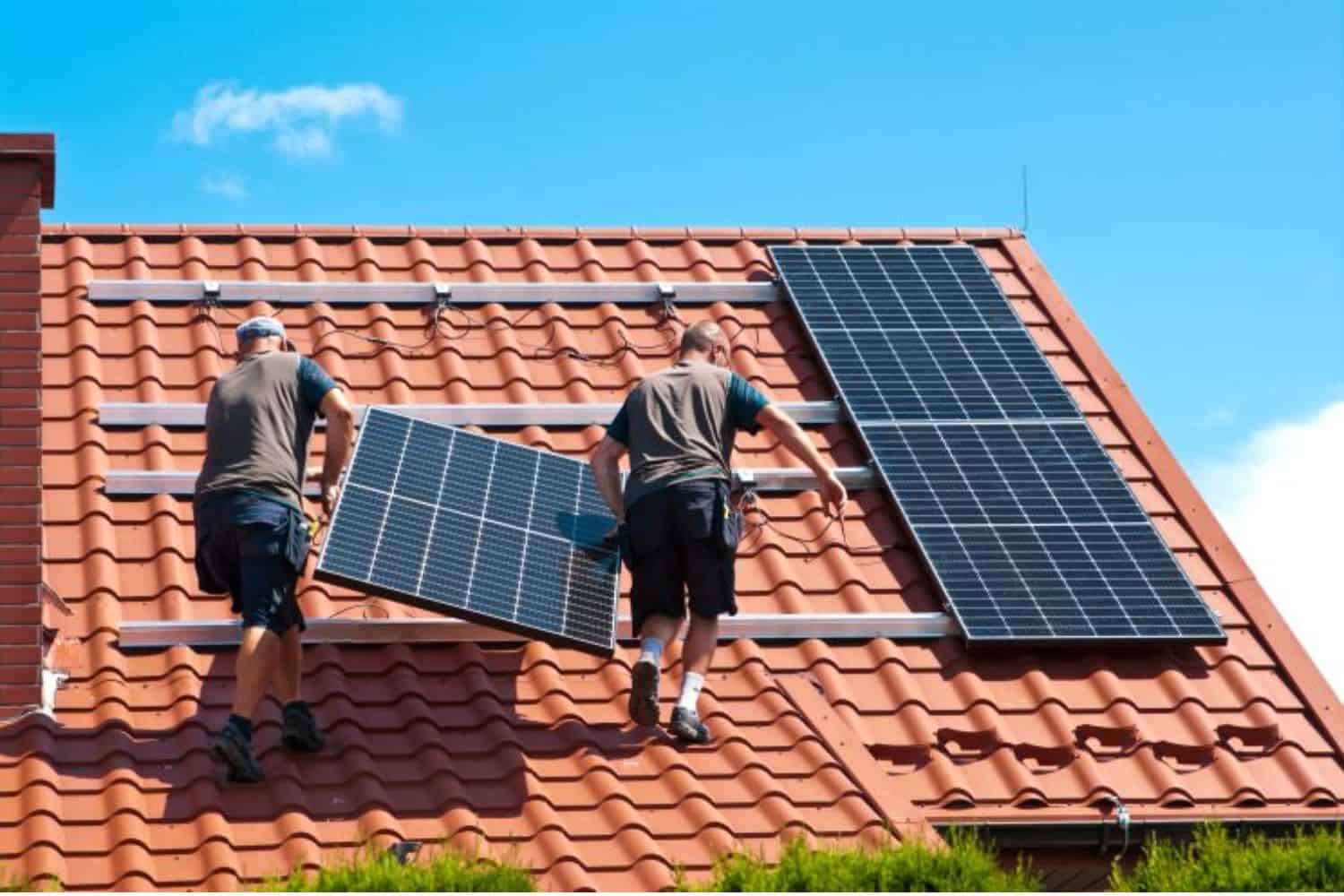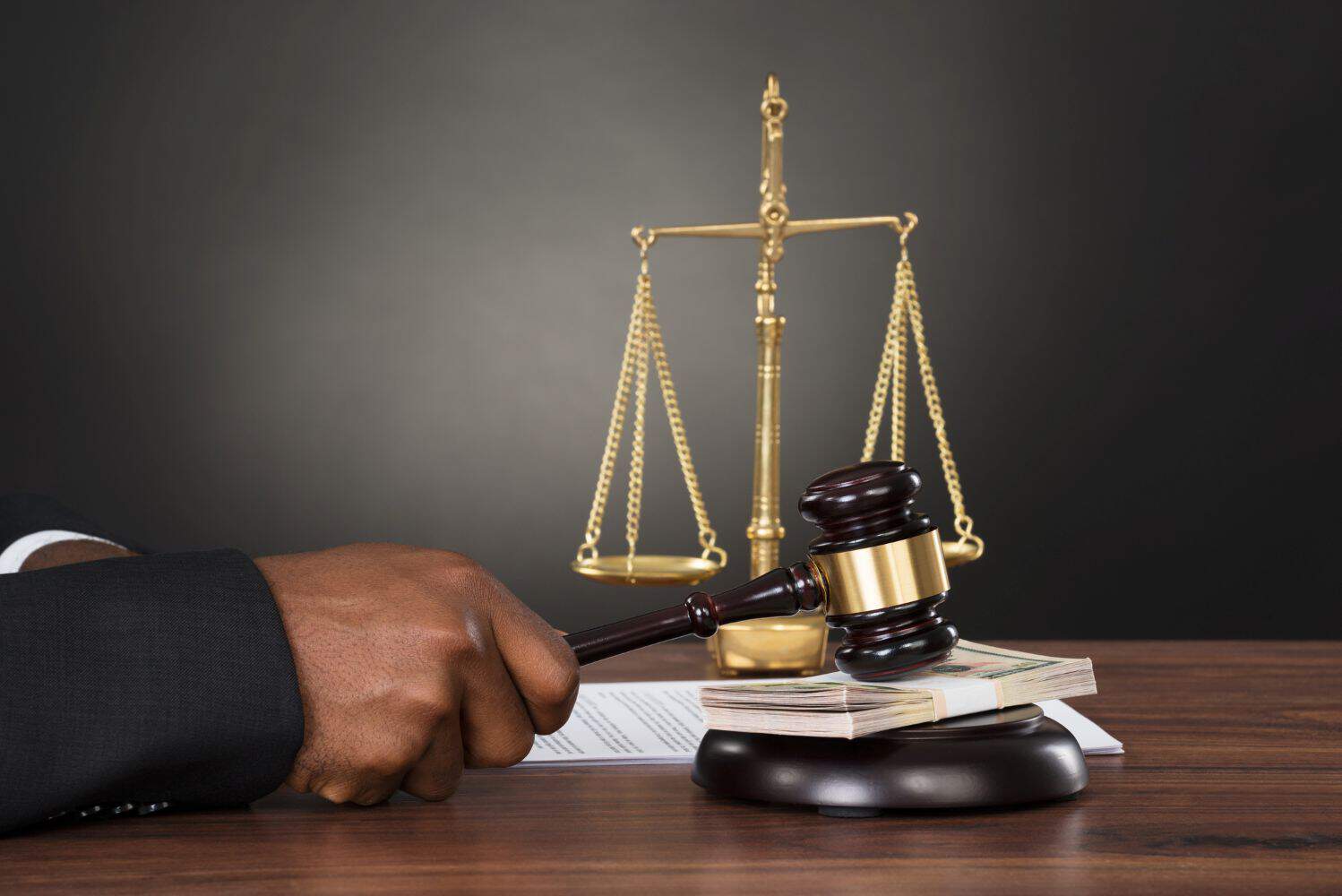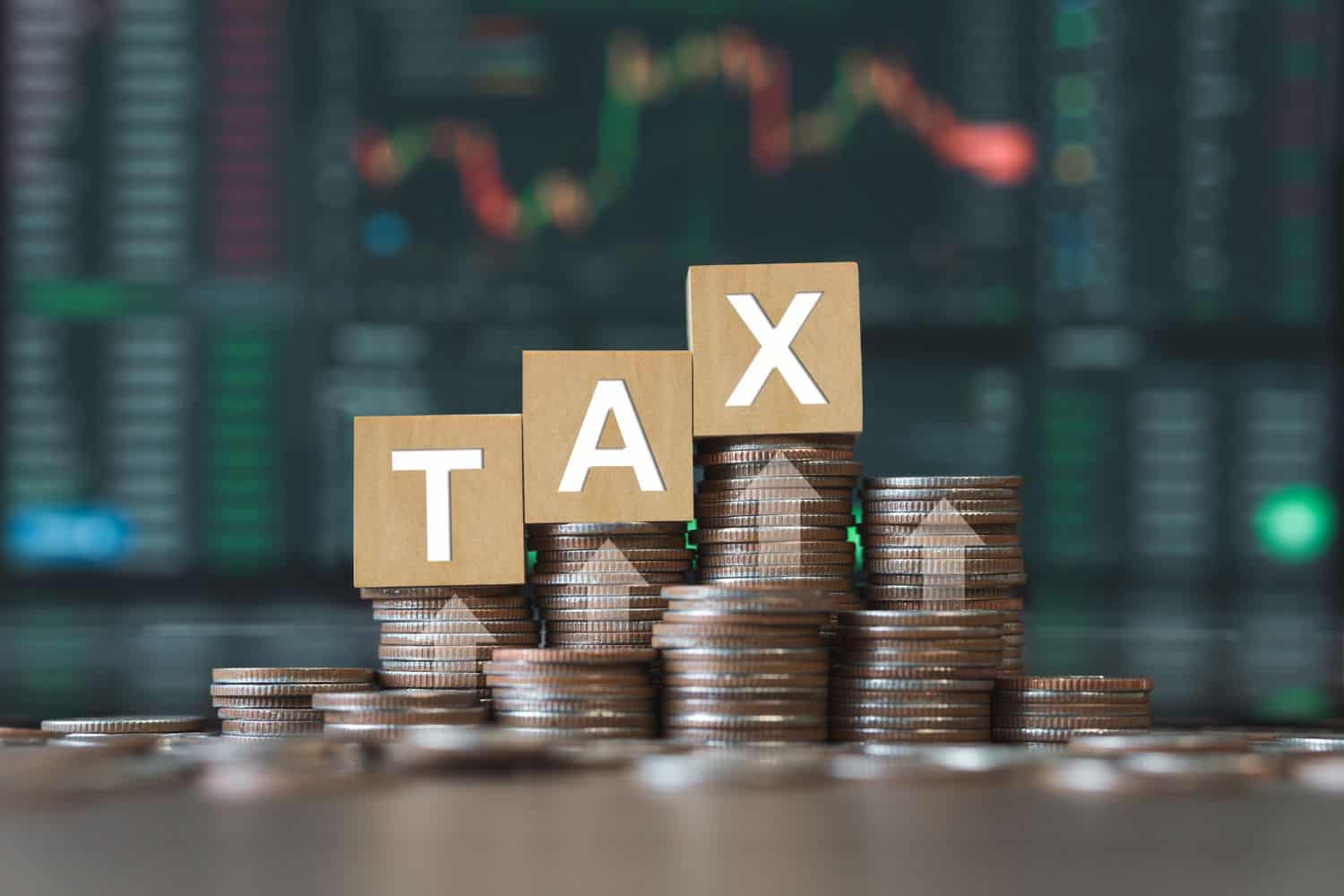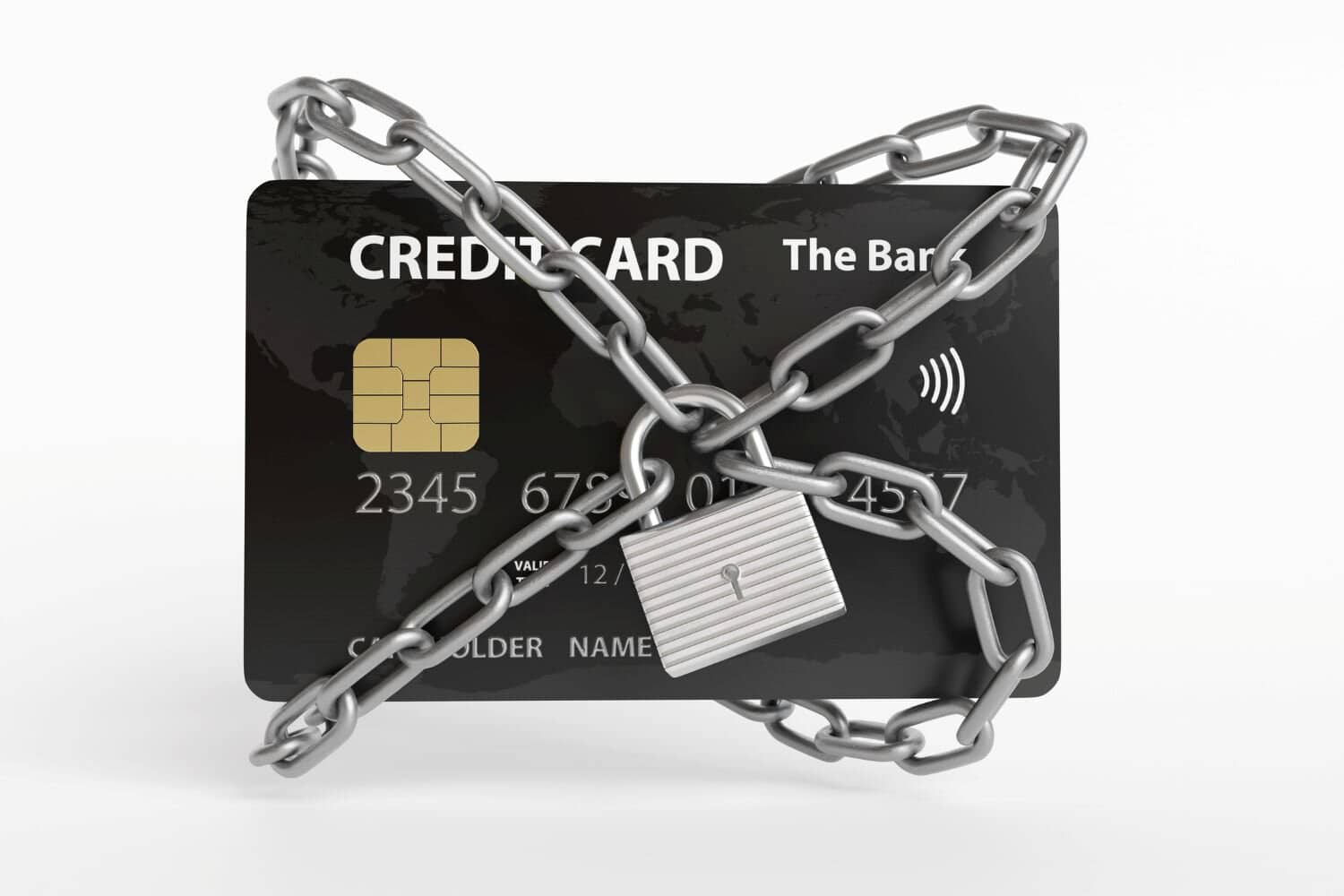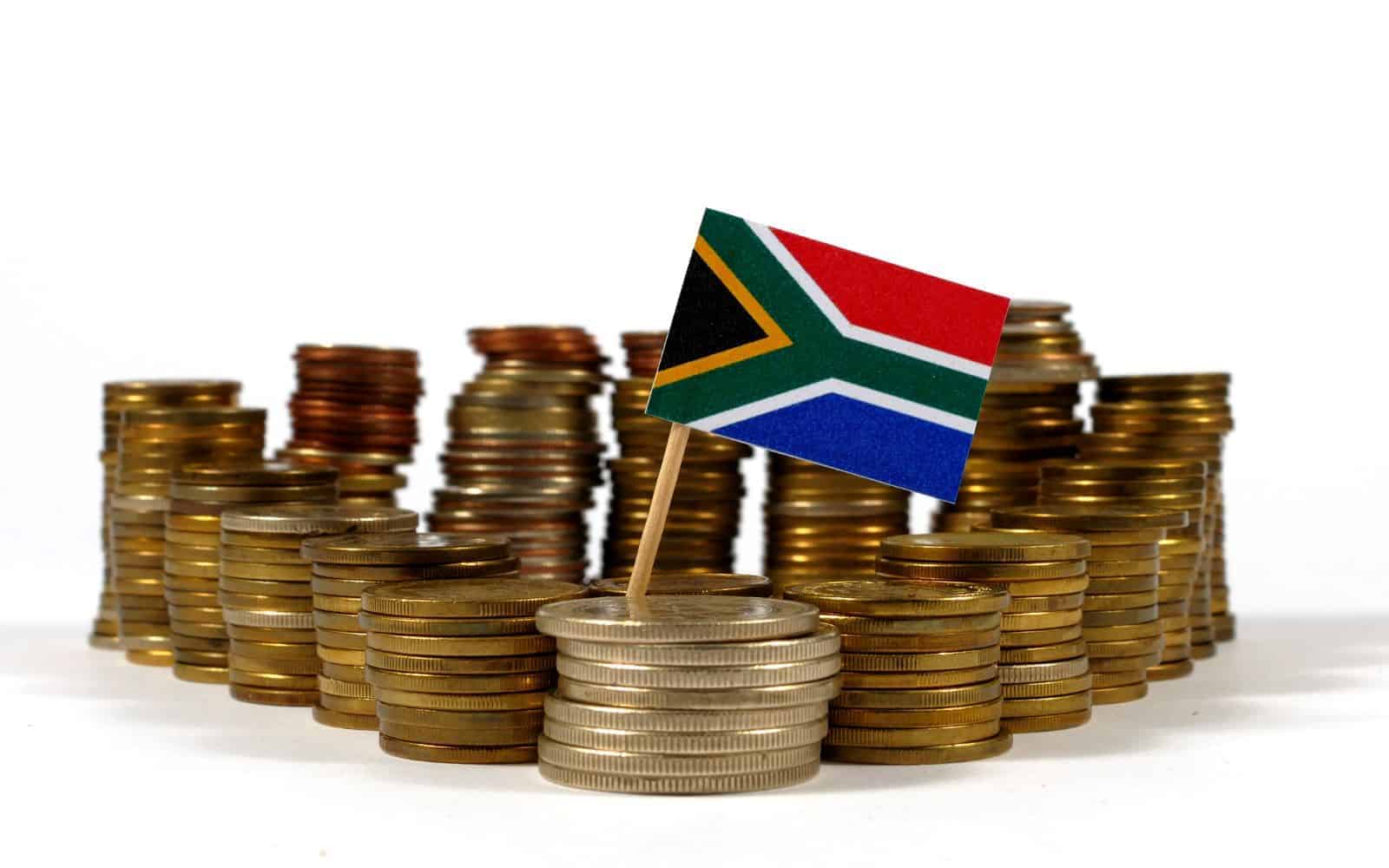Five tips to prepare your solar system for the holidays.
The festive season for many South Africans means spending time away from their homes and going away on holiday.
When planning to be away for several days, secure your home and don’t forget to properly prepare your solar system to run efficiently while you’re gone.
Christiaan Hattingh, Managing Director for AWPower says proper preparation ensures the system runs smoothly, which will result in saving money and avoiding any surprises when returning from the holiday.
ALSO READ: City Power solar installations: How to make a compliant application
Five tips to prepare your solar system
1. Let your solar system run as normal
He adds that consistency is key when it comes to solar systems. “There’s no need to switch your system off or make drastic changes just because you’re leaving home.”
The advice is to run the system as one normally would while they are home. Having an app to monitor the solar system would allow one to address any issues quickly.
“Do not forget to load enough prepaid electricity units before you leave. While your solar system reduces your reliance on the grid, it is always a good idea to have a backup in case of unexpected system failures or extended cloudy weather.”
2. Should you switch off your solar system while away?
Hattingh adds that one should not switch off their solar system while going away, especially if the system is properly sized and has been running well.
“However, if you’re concerned about your inverter failing or tripping while you’re away, consider installing an automatic changeover switch for added peace of mind.”
He says the device switches the power supply from the inverter to Eskom if the inverter fails or trips.
ALSO READ: How manufacturers can transition to 100% renewable electricity
3. Schedule a pre-holiday system check
“It is a good idea to have your solar system inspected before you go on holiday,” he adds.
The check would ensure that system settings are correct, all connections are secure and the overall health and layout of the system are up to standard.
“These checks can identify and address potential issues before they become major problems, ensuring your system operates safely and efficiently while you’re away.”
4. Adjust battery settings for emergencies
He says the simple, yet effective adjustment one can make is to increase the minimum on-grid State of Charge (SOC) for your battery.
“This means your battery will retain more spare capacity, which can be invaluable during unexpected local power failures while you’re away. By doing this, you ensure that your system has enough stored energy to handle emergencies.”
5. Final Tips
“Emergency Contacts, make sure someone you trust has access to your home and knows how to manage your solar system in case of an emergency.
“Stay Informed, if you notice any issues with your system, contact your installer or solar provider immediately for advice or assistance.”
